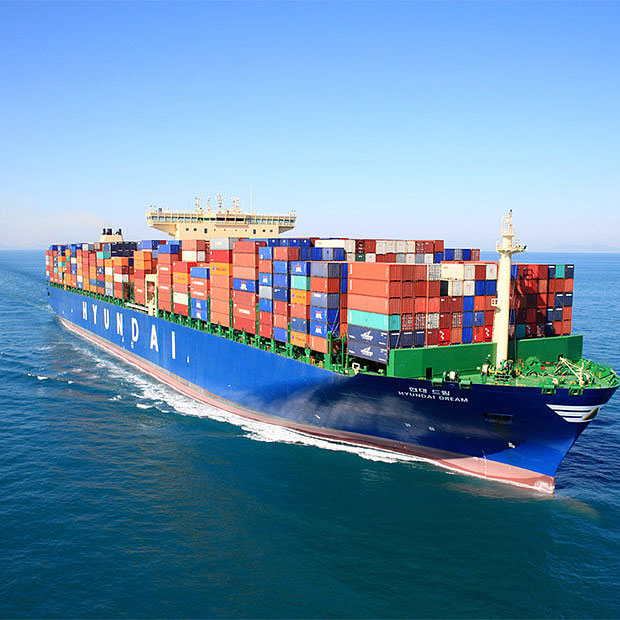In international freight, there are several key players involved, and they do not operate in isolation, but work together to ensure the smooth transportation of goods.
First, there are carriers, which are professional transportation companies such as shipping companies, railway companies, roads or airlines, which have a wealth of transportation tools and provide passenger and cargo transportation services to the society.
Then there are cargo owners, that is, foreign trade departments or importers and exporters, who are also the core of trade activities. In order to fulfill trade contracts, they need to organize and arrange the import and export transportation of goods, and they may play the role of both shippers and consignees.
Next, there are several types of shipping agents to assist in the operation:
1. Chartering agents, also known as ship leasing brokers, act as intermediaries to match transportation resources for charterers and shipowners, help to reach leasing transactions, and earn commissions. Depending on the principal they represent, they can be chartering agents or shipowner agents.
2. Shipping agents are responsible for the specific affairs of carriers, such as ship entry and exit, freight management, etc., and provide services by voyage or long-term agreement.
3. Freight forwarders are important partners of cargo owners, handling complex operations such as customs declaration, handover, warehousing, etc., including booking cargo, cargo loading and unloading, customs declaration, transshipment and tallying.
4. Consulting agents focus on providing consulting, intelligence, information and other services for international trade transportation, providing information and data support for clients.
